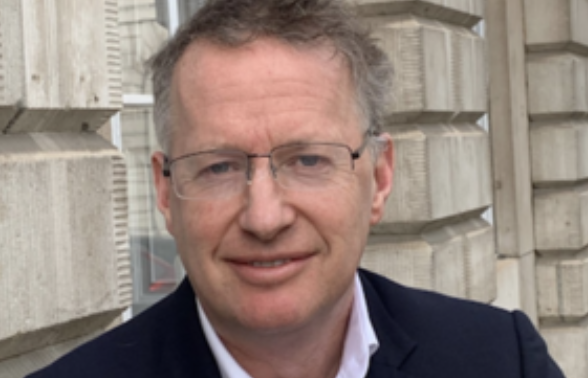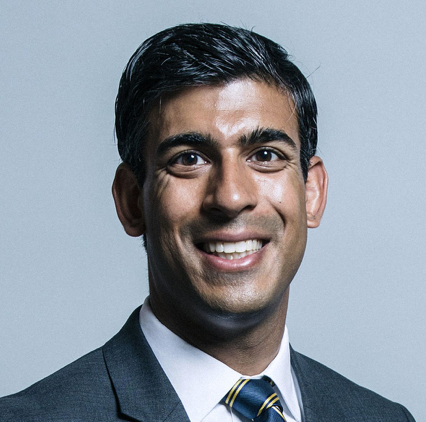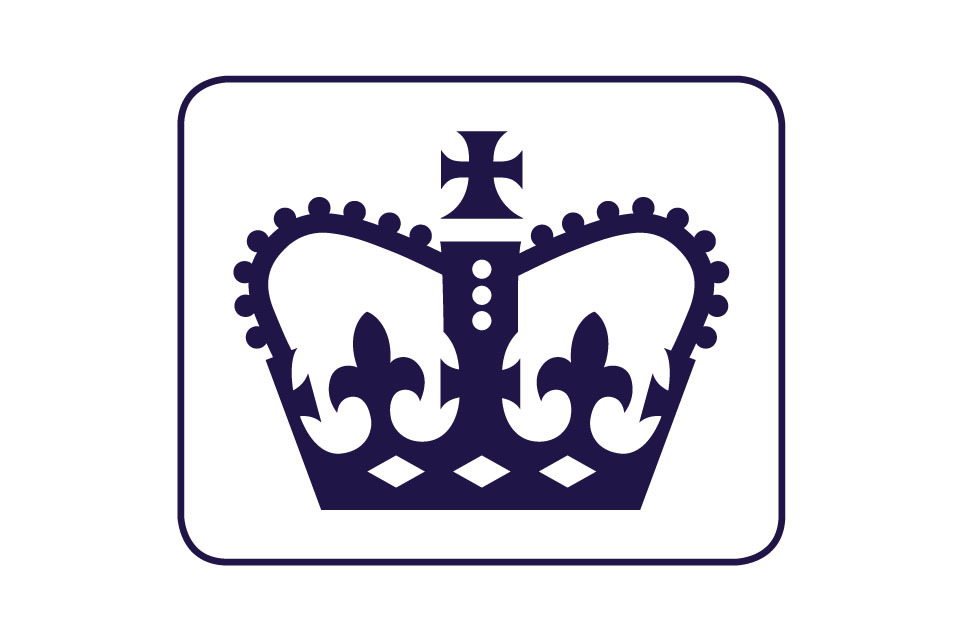The new prospective Charity Commission chair Orlando Fraser has denied that the government will have any influence in the regulator, saying: “I wouldn’t have the charity commission being the arm of the government.”
Fraser has said that, if appointed, he would ensure the Commission remained independent, calling the independence of the regulator “sacrosanct”.
“I made it very clear I would be running an independent commission in my interviews,” Fraser said, later adding that he would be ensuring the commission acted in an impartial way “without fear or favour.”
Impartiality is “vital” for the role, he confirmed.
He also denied that he had been contacted by any ministers during the appointment process.
Questioned about political past
Earlier today (24 March) he was questioned by the DCMS committee about the appointment.
In the session, he was questioned about his past as an unsuccessful Conservative MP candidate for North Devon in 2005 and current political party affiliations, of which he said he had none.
He also categorically denied that he was a friend of Prime Minister Boris Johnson, and that he ever had been in the past, only ever meeting him in public environments.
Fraser will replace former Conservative Party minister Baroness Stowell, who stepped down last year and had been appointed despite concerns raised by MPs.
The Charity Commission chairmanship courted controversy late last year, when the government’s previous preferred candidate, Martin Thomas was forced to resign after it emerged his conduct was under investigation by a charity he had chaired.
Fraser was repeatedly questioned about the so-called ‘woke agenda’ of charities’ and told the committee it was not something he had been asked about in his interviews. “Woke or non-woke is totally meaningless in regulatory terms,” he said.
He also said that if charities faced unjust media attacks, the regulator should say 'something' but it wouldn’t get involved in debates about what charities should contextualise and explain history – such as in the case of the National Trust, which has caused controversy within the Conservative party saying that the commission is “only ever going to look at facts.”
De ja vu
Labour MP Rupa Huq called the questioning a sense of “de ja vu” in reference to the re-hash of the process following Martin Thomas’ resignation and because Fraser is a man with previous ties to the Conservative party.
Concerns around the diversity of appointments were repeatedly raised, not only within the Commission but in similar appointments at the BBC and OFCOM. Fraser refused to comment on appointments outside of his own and could not say if any of the other seven candidates were women, disabled or from BAME backgrounds.
He did however admit that he was surprised the process wasn’t completely re-started.
Sector bodies ACEVO and NCVO had wanted the selection process to be completely re-run, following the attempt to appoint Thomas.
Fraser also admitted that he was not asked for any references during the process.
In between Thomas’ resignation and his own preferred candidate announcement he said he was only contacted by DCMS about permission for them to do due diligence. When questioned what this involved, he said: “I assumed it was to do with charities.”
Huq also raised the gender pay gap in the Commission, which has widened over the last year. Fraser said, if appointed, he would look into this, in addition to more diverse appointments on the board of the Commission.
In terms of his ambitions for the Commission, Fraser said that he would try and get more budget out of the treasury for improvements such as digitalisation, which he called “the holy grail".
The current strategic plan also runs in 2023, which Fraser said he will look at and change in line with framework of the commission.
Following today's questioning, Fraser’s appointment is expected not long after.
SNP MP John Nicholson said “the whole process is pointless really, you know you’re going to get the job, we know you’re going to get the job. It gives the impression of parliamentary scrutiny while being toothless.”
If you're only just catching up on what's been going on at the Charity Commission and want a full explaination, click here
Latest News
-
Charity sector among most competitive for employee benefits
-
£25m trust transfer enables Merseyside charities £800,000 a year in funding
-
Charities recieve AI skills training from Neighbourly, Microsoft and Onside partnership
-
Councils urged to cut red tape to ‘avoid damaging the microbiome’ of local support
-
Prostate Cancer UK fundraiser last year's 'stand out performer'
-
Inaugural small charities match funding campaign raises £1.8m
Charity Times video Q&A: In conversation with Hilda Hayo, CEO of Dementia UK
Charity Times editor, Lauren Weymouth, is joined by Dementia UK CEO, Hilda Hayo to discuss why the charity receives such high workplace satisfaction results, what a positive working culture looks like and the importance of lived experience among staff. The pair talk about challenges facing the charity, the impact felt by the pandemic and how it's striving to overcome obstacles and continue to be a highly impactful organisation for anybody affected by dementia.
Charity Times Awards 2023
Mitigating risk and reducing claims

The cost-of-living crisis is impacting charities in a number of ways, including the risks they take. Endsleigh Insurance’s* senior risk management consultant Scott Crichton joins Charity Times to discuss the ramifications of prioritising certain types of risk over others, the financial implications risk can have if not managed properly, and tips for charities to help manage those risks.
* Coming soon… Howden, the new name for Endsleigh.
* Coming soon… Howden, the new name for Endsleigh.
Better Society

© 2021 Perspective Publishing Privacy & Cookies











Recent Stories